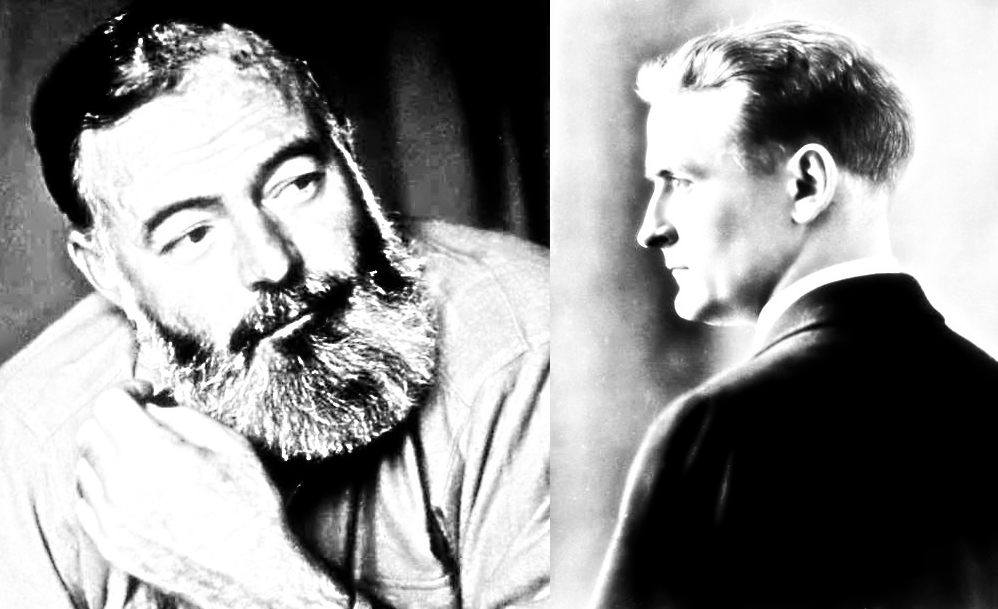“Writing is the painting of the voice.” — Voltaire
As a blogger, I often find myself wondering how my voice can shine in some sections of an article and yet appear dead in others. Informational texts, in my opinion, are particularly challenging when it comes to conveying “voice,” as the explanatory nature of delivering information often defaults to a dry tone.
In these moments, I ask myself a few questions: Am I staying true to myself? Am I tapping into the syntactical muse? Are the writing gods forsaking me?
For today’s post, we will explore the concept of developing a writing voice and discuss methods for ensuring that your voice resonates throughout your work.
Defining Writer’s Voice
As multiple sources state, a writer’s “voice” encompasses a combination of elements, including vocabulary, tone, point of view, and syntax.
According to Carlow University, “Voice is one of the most critical aspects of literature and non-fiction writing, significantly shaping how the material is read and received, ultimately setting the mood.” In a room filled with a hundred writers all writing about the same subject, you may discover a hundred unique interpretations and essays, which is one reason “voice” is so important to writing.
Developing a Writer’s Voice
When it comes to developing a writing voice, two fundamental ideas should be considered: emulation and immersion.
- Emulation
Emulation entails using another author’s voice to assist in refining your own. An example might be a budding writer sitting down to create an Edgar Allan Poe-style story, mimicking Poe’s intricate diction and complex prose, which are characteristic of the Gothic horror genre.
Here’s an excerpt from “The Tell-Tale Heart,” showcasing Poe’s distinctive voice:
“It is impossible to say how first the idea entered my brain; but once conceived, it haunted me day and night. Object there was none. Passion there was none. I loved the old man. He had never wronged me. He had never given me insult. For his gold I had no desire. I think it was his eye! Yes, it was this! He had the eye of a vulture—a pale blue eye, with a film over it. Whenever it fell upon me, my blood ran cold; and so, by degrees—very gradually—I made up my mind to take the life of the old man, and thus rid myself of the eye forever.” (Poe)
Emulating Poe’s voice would involve employing a rich vocabulary and skillful descriptions to evoke vivid mental images for the reader.
- Immersion
Immersion involves dedicating significant time to a particular genre or style until your unique voice evolves through trial and error. For instance, if you read and write extensively in the sci-fi genre, your voice will naturally adapt to best convey science fiction concepts or a style you find comfortable.
Consider the pulp writers of the early 1900s as an example. Many displayed talent, yet their voices often conformed to the fast-paced, action-oriented style that characterized pulp writing, designed for quick and engaging prose to generate income.
In the Lost Generation of writers, contrasting voices emerged. For instance, Ernest Hemingway’s voice was characterized by clarity, directness, and a focus on action. In the first chapter of A Moveable Feast, Hemingway describes a woman who enters the Café des Amateurs:
“A girl came into the café and sat by herself at a table near the window. She was very pretty with a face as fresh as a newly minted coin, if coins were minted in smooth flesh with rain-freshened skin. Her hair was black as a crow’s wing and cut sharply and diagonally across her cheek.” (Hemingway)
Hemingway’s voice is unmistakably clear. He offers concise, informative descriptions that avoid unnecessary complexity. As such, Hemingway, Kurt Vonnegut, and modern authors like Chuck Palahniuk are known for their robust voices. Immersing yourself in their writing will gradually influence your own voice.
In Conclusion
Developing a unique writing voice is vital to defining your style. It not only helps readers recognize your writing but also effectively conveys your emotions on the page. Your voice transforms mundane words on a page into a living, breathing document.
To develop your voice, practice is crucial. A combination of emulation and immersion can be highly beneficial. For example, if you admire a specific writer’s voice, try writing a story in that style, and then shift to another writer to explore their voice. Determine which voices best suit you as a writer and align with your preferences.
Works Cited
Hemingway, Ernest. A Moveable Feast. Scribner, 1964.
Poe, Edgar Allan. “The Tell-Tale Heart.” The Complete Works of Edgar Allan Poe, edited by John Smith, Penguin Books, 2009, pp. 50-62.







